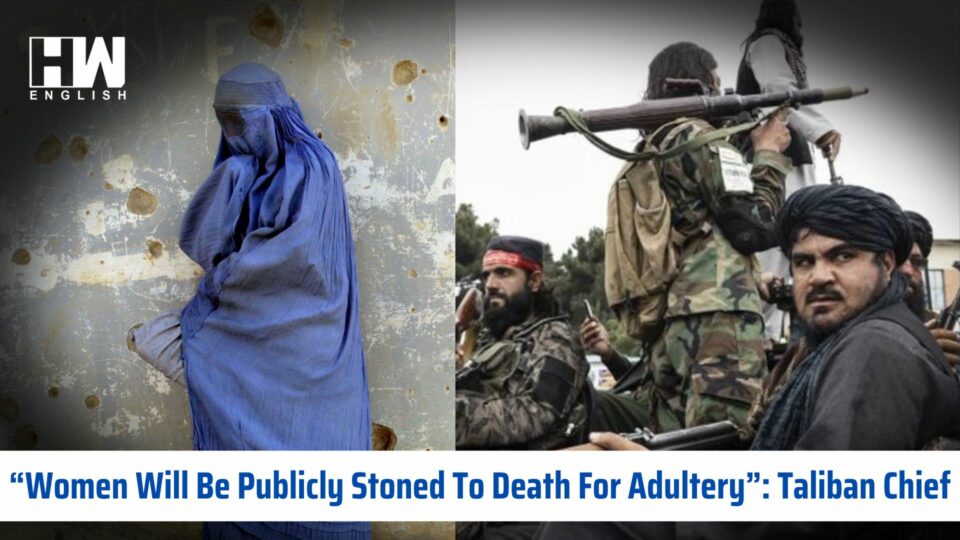There are growing concerns that Afghanistan may regress to oppressive times under Taliban rule, with Mullah Hibatullah Akhundzada, the Taliban leader. He announced through a televised message that women could face public flogging and stoning for adultery. He pledged to continue opposing Western democracy, citing conflicts with their interpretation of Islamic law.
Akhundzada’s declaration underscores the Taliban’s commitment to Sharia law, dismissing Western ideals on women’s rights. He reiterated their prolonged resistance against Western influence, emphasizing their intent to enforce Sharia in Afghanistan.
The Taliban’s return to power in 2021 resulted in reprisal attacks against collaborators with the former government and American forces. They swiftly reinstated strict Islamic laws, reminiscent of their previous rule from 1996 to 2001, which restricted women’s rights severely.
During their previous regime, women were denied education and employment opportunities, compelled to wear burqas, and required male accompaniment outdoors. The Taliban imposed draconian punishments such as amputations for theft and public stoning for adultery.
Also read: “Sunita Aiming For Husband Kejriwal’s CM Post”: Union Minister Puri
Akhundzada’s remarks have elicited widespread condemnation within Afghanistan, particularly among women who fear a return to oppressive conditions. Tala, a former civil servant from Kabul, expressed her apprehension and disillusionment, describing the daily imposition of stringent rules and restrictions on women.
“I feel unsafe and uncertain in Afghanistan. Every day brings new restrictions, eroding even the smallest freedoms and extinguishing hope for a better future,” Tala lamented.
The resurgence of Taliban rule has reignited global concerns about human rights violations, particularly regarding women’s rights and safety. International efforts to protect Afghan women’s rights face significant challenges amid the Taliban’s rigid adherence to traditional interpretations of Sharia law.
As Afghanistan grapples with its uncertain future under Taliban governance, there is a pressing need for sustained advocacy and support to safeguard the rights and dignity of all its citizens, particularly its vulnerable women and girls.
As an independent media platform, we do not take advertisements from governments and corporate houses. It is you, our readers, who have supported us on our journey to do honest and unbiased journalism. Please contribute, so that we can continue to do the same in future.

